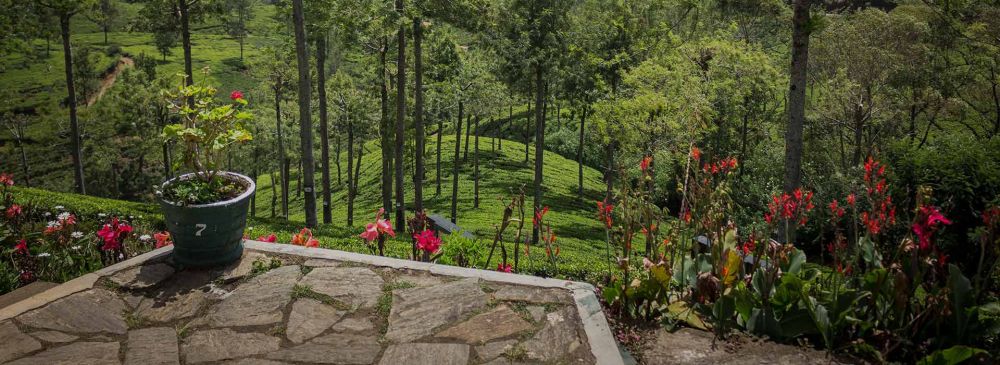

The Pedro Tea Estate, located in the highlands of Nuwara Eliya, Sri Lanka, has a long and storied history that is deeply intertwined with the island's colonial past and the boom of the tea industry. Established during the British colonial era, the estate was named after Sir William Pedro, a recognized figure in colonial Ceylon (as Sri Lanka was then known). The fertile lands of Nuwara Eliya, often referred to as "Little England," provided an excellent climate for tea cultivation, resembling the conditions of the tea-growing regions of England.
With its inception in the late 19th century, Pedro Tea Estate quickly became instrumental in Sri Lanka's burgeoning tea export industry. British planters and local laborers worked to shape the picturesque landscapes into vast terraces of tea bushes that are now iconic to the region. The transformation of these plantations into a tourism attraction, however, is a relatively recent development, reflecting the diversification of Sri Lanka's economy and the global interest in agritourism and experiential travel.
Since the late 20th century, Sri Lanka has sought to highlight its tea culture and heritage as a major tourist draw. Visitors to the Pedro Tea Estate are able to engage with the history of tea in Sri Lanka, witness the tea-making process from field to cup, and enjoy guided tours that elucidate the complexities of tea production. The introduction of these tourism services has provided a new source of income for the region and has helped promote Sri Lankan tea culture internationally.
In recent years, the popularity of experiential and educational travel has seen an uptick globally, and Sri Lanka's Pedro Tea Estate is no exception. Travelers are increasingly drawn to authentic experiences and seek to engage with local traditions and practices. At Pedro Tea Estate, tourists can now participate in tea plucking experiences, enjoy tasting sessions of different tea varieties, and explore the tea factory where the magic of Ceylon tea production happens.
The trend toward sustainable and responsible tourism is also influencing the experiences at Pedro Tea Estate. Efforts are being made to promote sustainable practices within the estate, including the conservation of water and energy, the use of organic fertilizers, and the protection of local biodiversity. Tourists are encouraged to learn about the eco-friendly initiatives during their visit, aligning with a global increase in ecological awareness among travelers.
Cultural integration is another trend in modern tourism, which the Pedro Tea Estate catifies by offering visitors an insight into the lives of the local communities, which are deeply rooted in tea cultivation. Tourist interactions include local cuisine, traditional Sri Lankan hospitality, and, in some cases, homestays that enable visitors to immerse themselves fully in the local lifestyle.
Overall, tourism at Pedro Tea Estate in Nuwara Eliya has become a meaningful segment of Sri Lanka's tourism industry, offering a rich historical experience coupled with contemporary trends in travel. As tourists continue to seek out destinations that provide a blend of education, culture, and sustainability, Pedro Tea Estate stands out as a prime example of how a historic plantation can reinvent itself for the modern traveler.